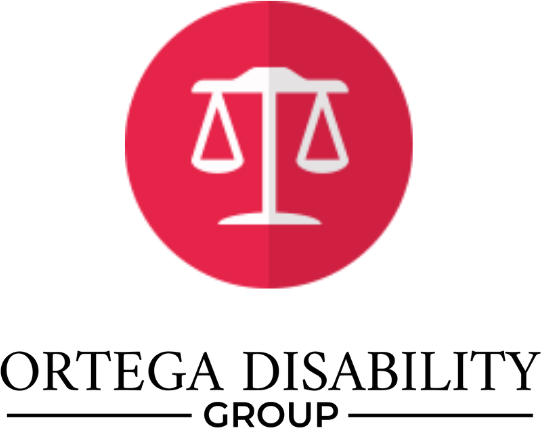Social Security Disability Insurance (SSDI) is a federal program that provides financial assistance to individuals who are no longer able to work due to a disability. In order to be eligible for SSDI, a claimant must have paid into the Social Security System by working for a number of years prior to when their disability began.
The Social Security Administration (SSA) decides who qualifies for SSDI and grants benefits to eligible individuals. Many factors will be weighed by the SSA when determining whether or not an applicant qualifies for disability insurance. Some of these things include medical records, current medical diagnosis, as well as previous and ongoing treatment results. The claimant will also need to provide proof that they cannot take part in Substantial Gainful Activity (SGA).
Filing for Disability in California
Filing for SSDI can be complicated and time consuming, especially for those who are unfamiliar with the Social Security Administration’s application requirements. There are also measures in place to prevent fraudulent claims, which can actually make it difficult for disabled individuals to get the help they need.
Most initial disability claims are denied by the SSA, and this is usually due to improper filing. Working with an SSDI attorney near Lafayette, CA greatly increases the chances your initial application will be approved. At Ortega Disability Group, our qualified SSDI lawyers make the process easy by gathering the appropriate documents, filling out all the necessary paperwork, and filing your application as quickly as possible.
How is Disability Defined by the Social Security Administration?
In order to qualify for disability insurance, a claimant must have an injury, illness, or combination of medical conditions that meet the SSA’s definition of disability. Qualifying disabilities are listed in what is known as the Blue Book.
Types of Qualifying Disabilities
The Blue Book includes several categories for qualifying impairments, including the following:
- Musculoskeletal Disorders
- Special Senses and Speech
- Respiratory Disorders
- Cardiovascular System
- Digestive System
- Genitourinary Disorders
- Hematological Disorders
- Skin Disorders
- Endocrine Disorders
- Congenital Disorders that Affect Multiple Body Systems
- Neurological Disorders
- Mental Disorders
- Cancer (Malignant Neoplastic Diseases)
- Immune System Disorders
Qualifying under one of these categories is not always easy. Many disabilities which can and do prevent individuals from earning a living wage and taking care of themselves are not listed in the Blue Book. These disabilities and disorders are considered eligible for SSDI, but a claimant will need to prove that to the SSA to receive benefits.
It should be noted that a claimant is only eligible for SSDI if the following are true:
- The claimant’s symptoms are expected to last for at least one year, or result in death.
- The claimant cannot take part in Substantial Gainful Activity due to their disability.
- The disability claim is supported by medical evidence, which is provided to the SSA.
If you’re struggling with a disability, or multiple impairments which prevent you from working, contact our experienced attorneys in Lafayette, CA to schedule a free consultation.
Disability Appeals Lawyer in Lafayette
Ortega Disability Group understands that obtaining SSDI on your own isn’t always easy. If you have already applied for Social Security Disability benefits and your claim was denied, our attorneys can help you appeal the decision and refile your claim.
What is the Difference Between SSI and SSDI?
To qualify for SSDI, applicants must have put money into the Social Security System by earning work credits over a number of years. Disabled individuals who have not contributed may qualify for benefits under another program called Supplemental Security Income (SSI). SSI is a needs-based program designed to support disabled individuals with limited income and resources.
A claimant must meet one of the three following conditions to qualify for SSI:
- Over 65 years of age
- Blind or partially blind
- Disabled (the disability must be expected to last at least one year, or result in death)
If a claimant is not eligible for SSDI benefits and applies for SSI, the SSA will take steps to verify that the applicant has limited income and resources, and is otherwise eligible.
Contact Our Trusted Disability Attorneys Today
Why Choose Ortega
- When you require financial assistance through the SSDI or SSI programs, you can rely on Ortega Disability Group to help you file your claim.
- If you’re wondering how to find out if you qualify for disability, our team of qualified Social Security Disability attorneys can answer your questions and provide legal advice.
- Our Lafayette, CA disability lawyers are experienced in tackling the appeals process. We can help you secure benefits if your claim was previously denied.
Contact us at Ortega Disability Group today to schedule a free consultation with our Oakland Social Security Disability attorneys near Lafayette, California.
